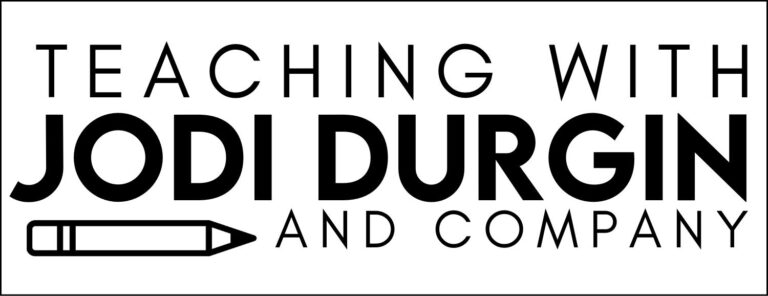With everyone talking about Science of Reading, it can be hard to wade through the resources. From videos and websites to books, how do we decide what to use our precious time on? Fear not- we are here to help! See below for helpful reading websites and books about the Science of Reading.
10 Science of Reading Resources
There are many helpful resources to learn more about the Science of Reading. Below are 5 Reading Websites and 5 Books to help you understand Structured Literacy.
5 Science of Reading Websites
Below are 5 science of reading websites we recommend you check out!
1. Reading Rockets
Reading Rockets is a national public literacy initiative offering resources and guidance around literacy for children, families, and educators. Along with research and information, this website provides resources for teachers. This includes book finder, themed book lists, and nonfiction books for kids.
2. Florida Center for Reading Research
Florida Center for Reading Research is based out of the University of Florida. They offer research, lesson plans, and center activities based on the Science of Reading. Center activities include phonological awareness, phonics, fluency, vocabulary, and comprehension for preschool to fifth grade!
3. The Reading League
The Reading League is a non-profit on a mission to provide evidence-based literacy research. This website provides an e-book that dives into a firm definition of the Science of Reading, along with reading instruction methodology.
4. International Dyslexia Association
The International Dyslexia Association provides resources for families and educators regarding dyslexia. There are articles that you can give to families, along with research-based leaflets explaining Structured Literacy. Articles range from What is Dyslexia? To Working Memory: The Engine for Learning.
5. National Reading Panel:
This PDF found online provides an evidence-based assessment of the scientific research behind Structured Literacy. Chapters include Methodology, Alphabetics, Fluency, Comprehension, Teacher Education and Reading Instruction, and Computer Technology and Reading Instruction.
5 Books about the Science of Reading
Below are 5 science of reading books we recommend you check out!
1. Shifting the Balance by Jan Burkins and Keri Yates
Burkins and Yates dive into the Science of Reading by providing 6 essential strategies for classroom teachers to integrate into Structured Literacy. The 6 shifts we can make include Reading Comprehension, Phonemic Awareness, Phonics, High-Frequency Words, Cueing Systems, and Text Selection.
2. Equipped for Reading Success by David Kilpatrick
Kilpatrick is notoriously known in the world of literacy! Kilpatrick writes a sequential method of teaching phonemic awareness, including word lists, assessments, and the science behind it all. This text also includes the PAST (Phonological Awareness Screening Test), which measures students ability to rhyme, segment, blend, and manipulate sounds in words.
3. Overcoming Dyslexia by Sally Shaywitz
As Dyslexia is the most common learning disability, affecting one in five children, this book focuses on the research from multiple studies. Shaywitz covers early screeners and diagnoses dyslexia at any age. The most updated version of this book includes exercises to work the reading areas of the brain, as well as ways to strengthen confidence in young readers.
4. Speech to Print by Louisa Moats
In this book, Moats covers the essential background of the English language, the morphology of words, and how meaning is conveyed in language. As many teacher preparation courses have gaps in this area, this book is an important read to learn more about the how of language instruction!
5. Reading in the Brain by Stanislas Dehaene
Dehaene explores the invention of writing back to our primitive years, as well as the logic behind spelling and language. Covering concepts from accessible language ideas to explaining the brain’s letterbox, this book dives into the science behind reading!
In closing, we hope you found these science of reading resources helpful! If you did, then you may also be interested in these posts:

